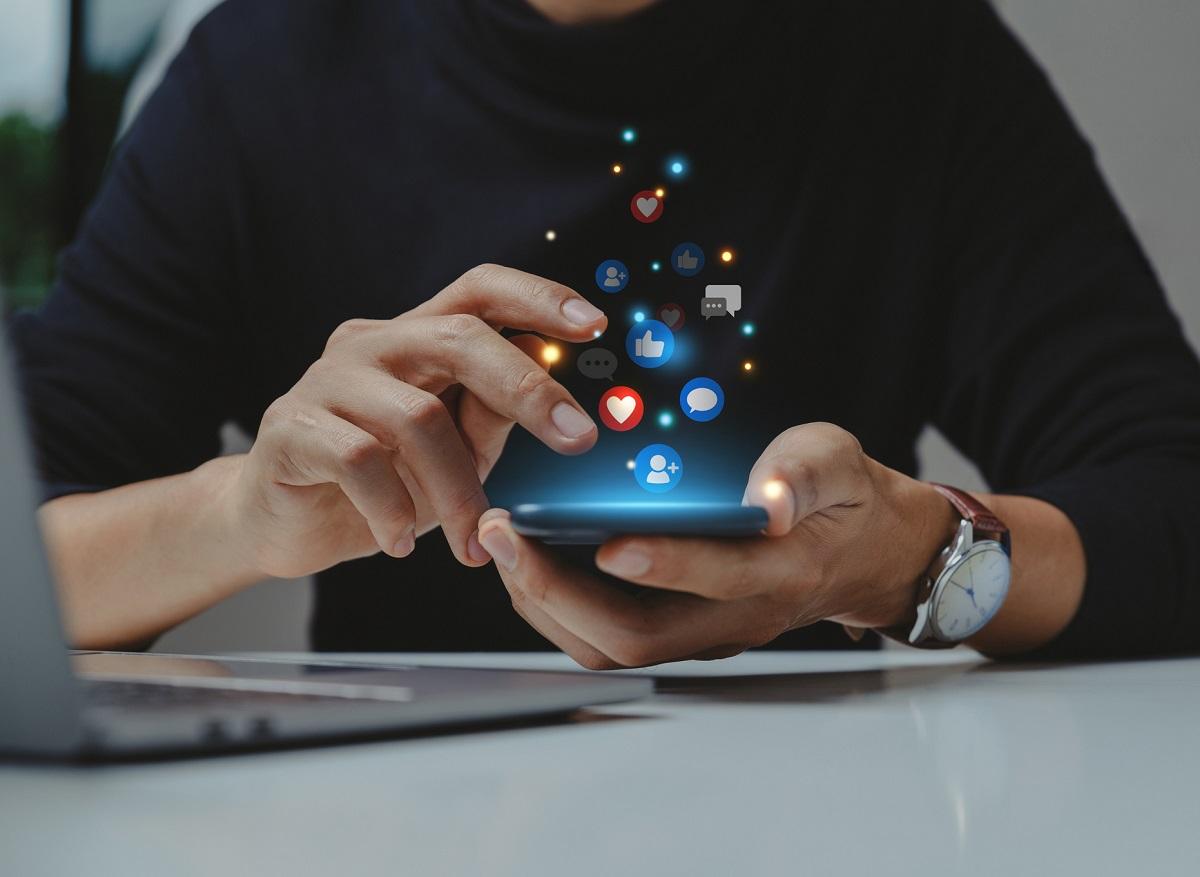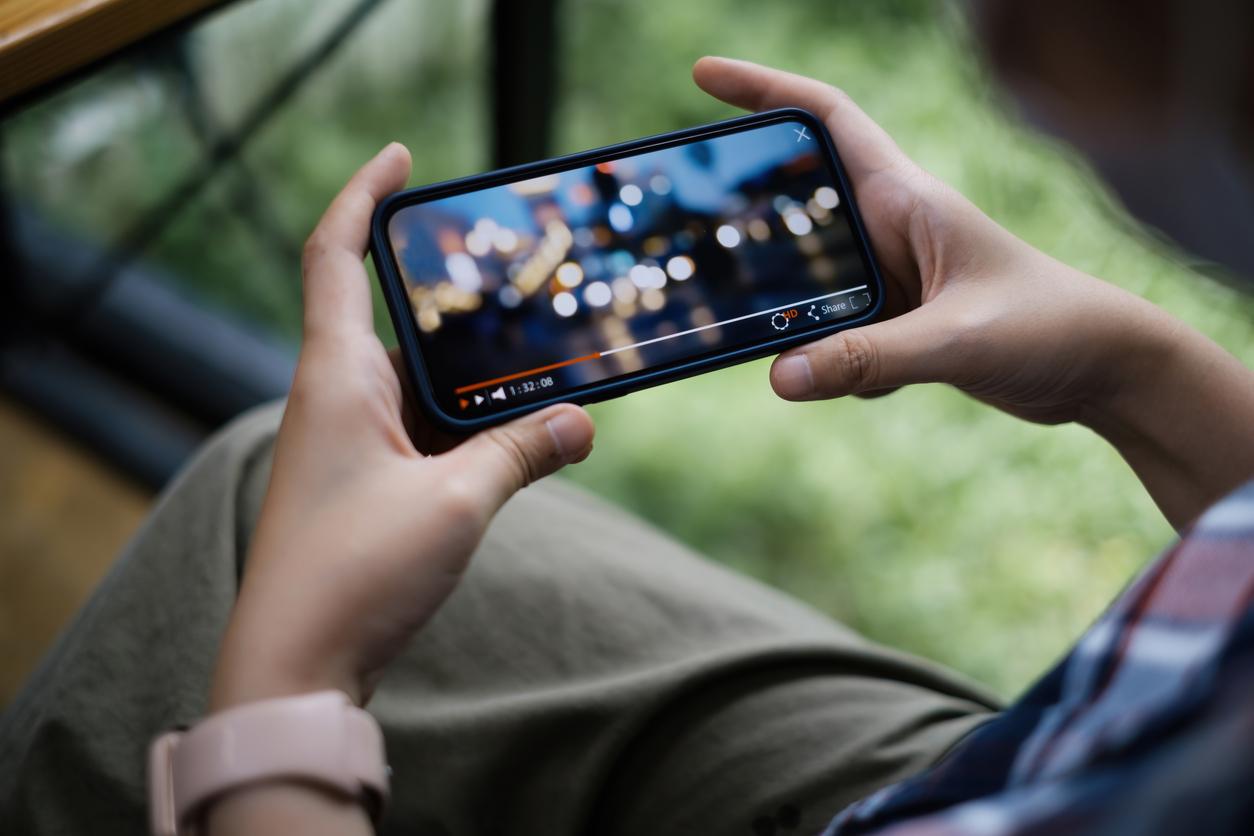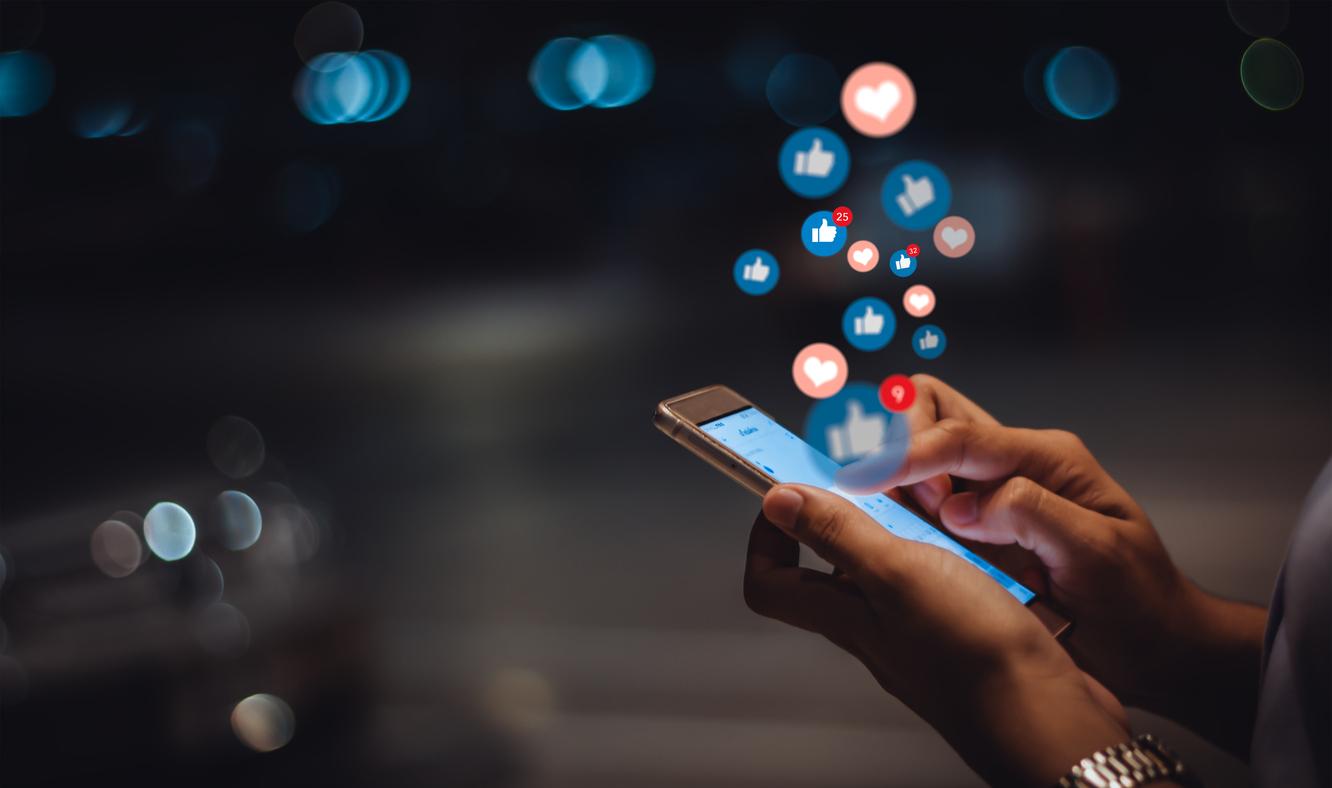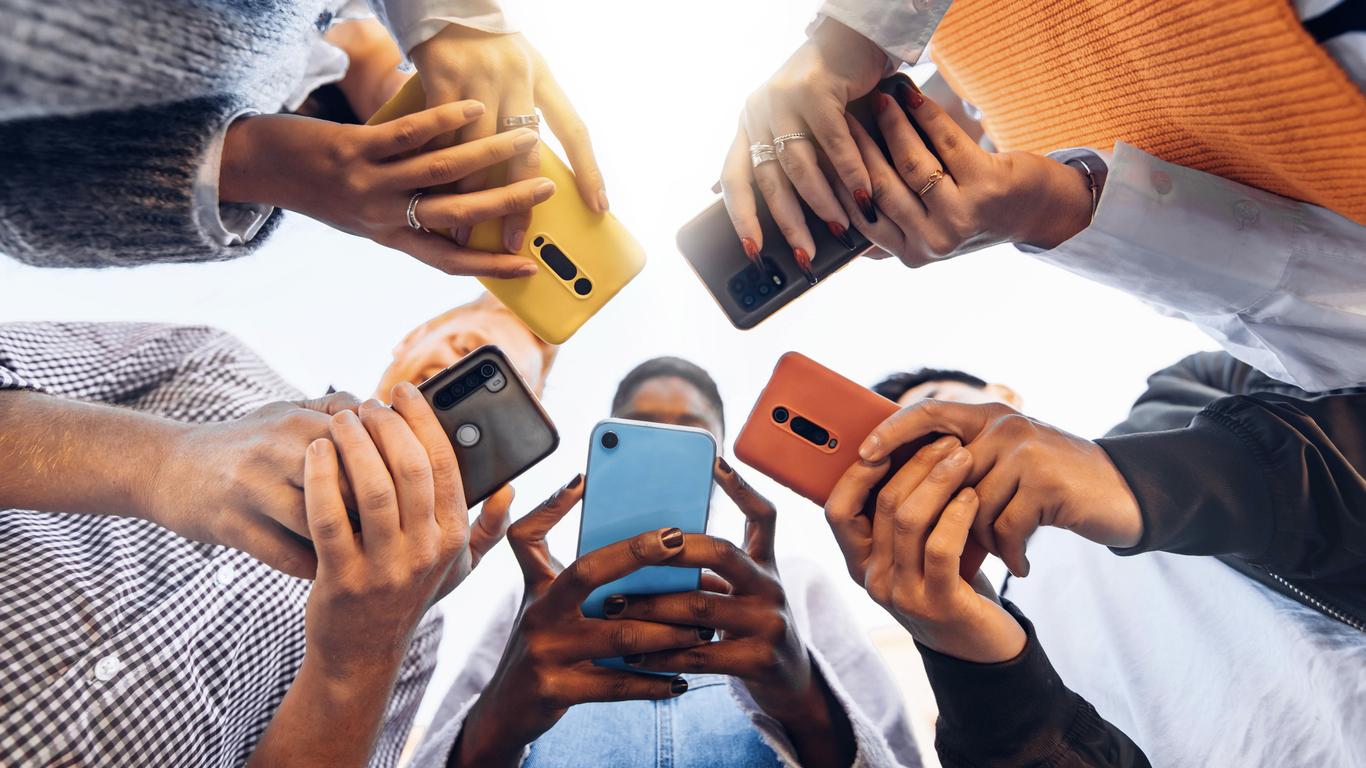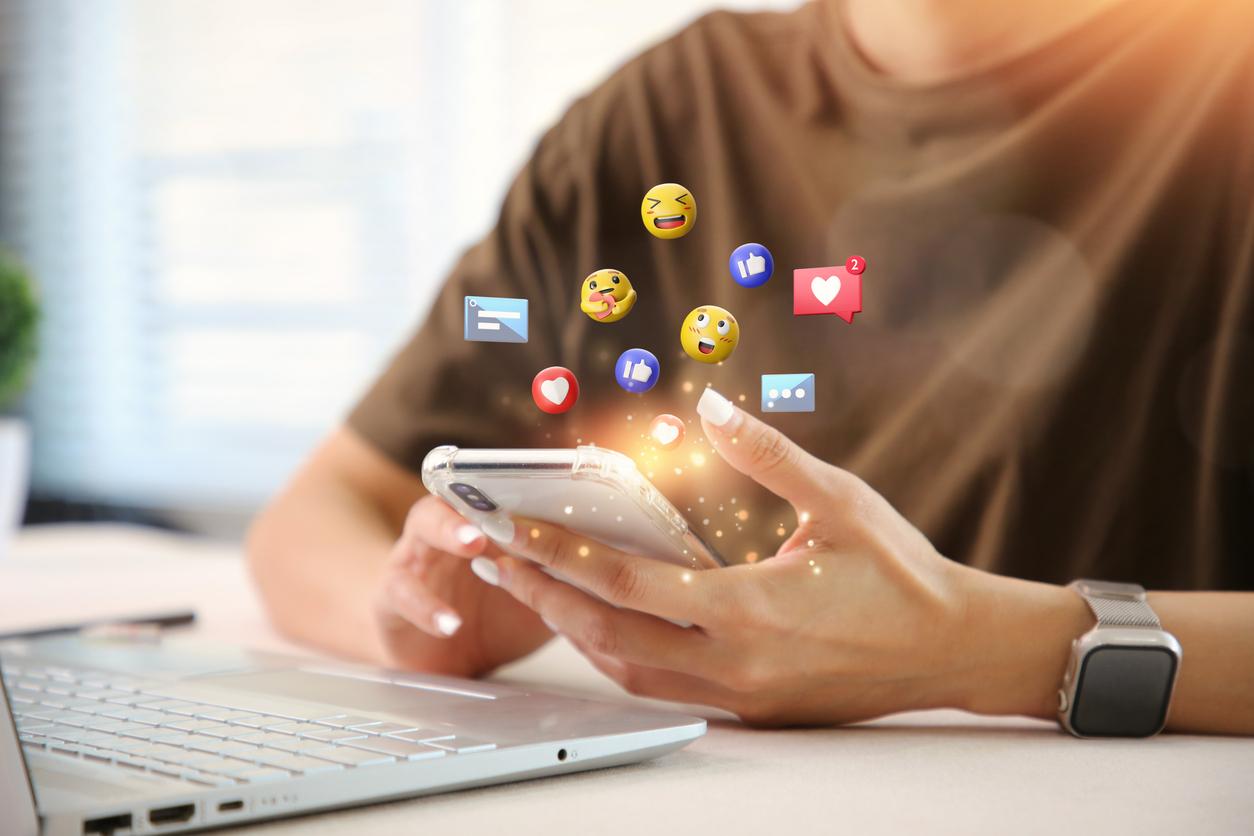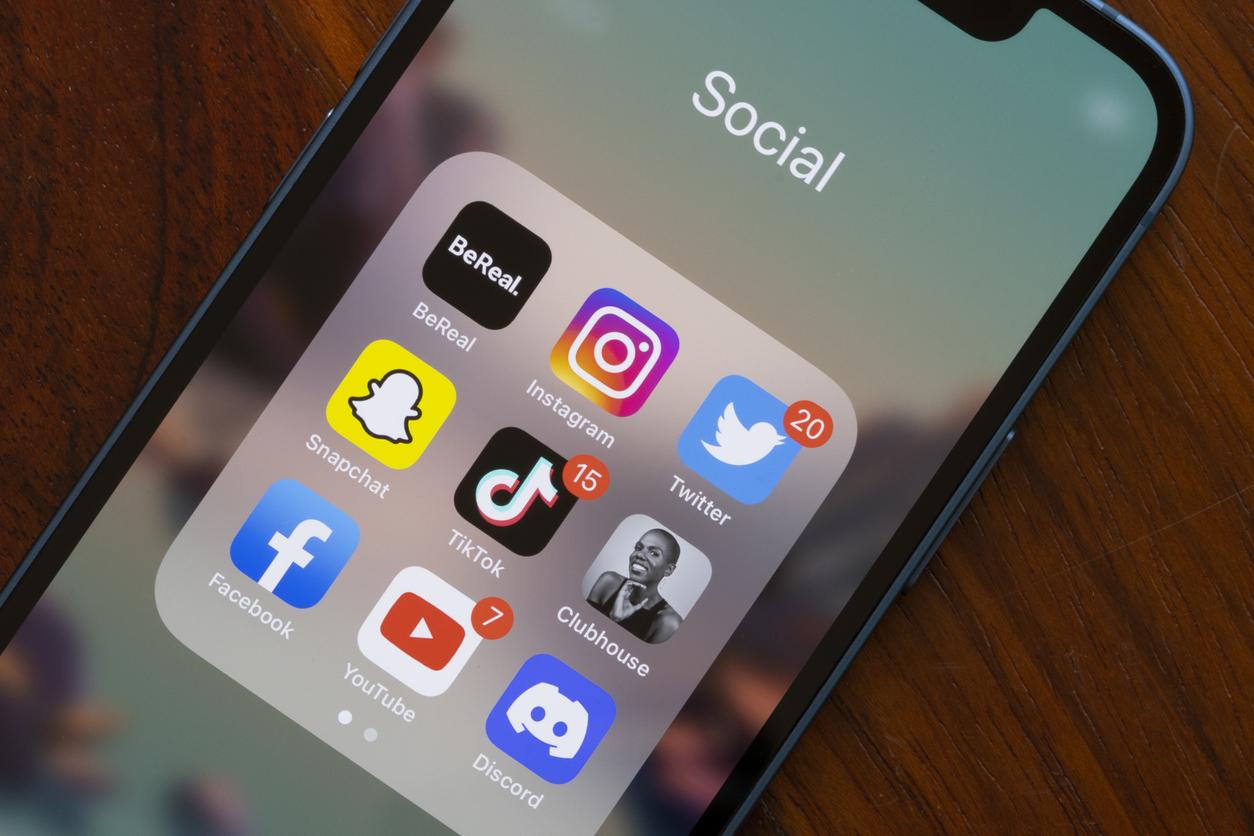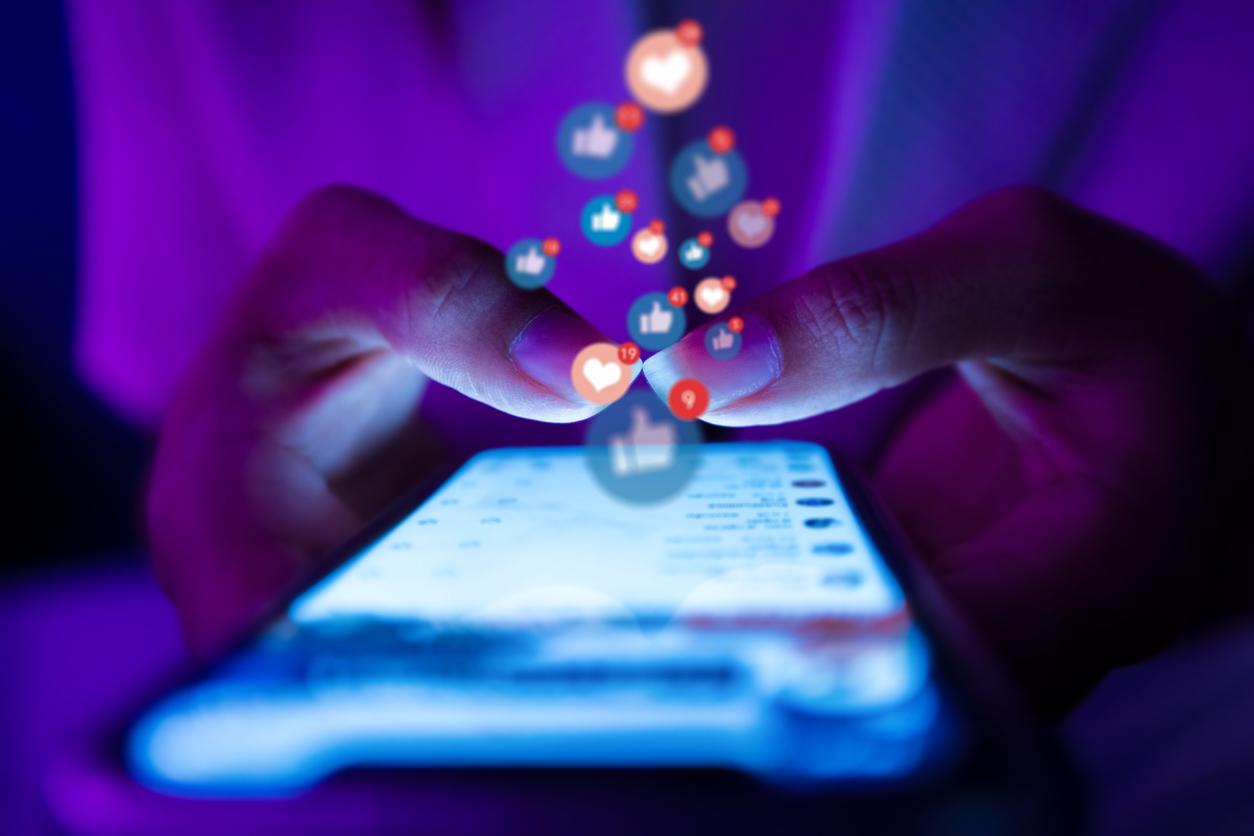An American study looked at the social changes resulting from infectious diseases. Humans and animals react the same way, even if the human has additional skills.

- Humans, like other social animals, tend to group together with their relatives in times of pandemic. Thus he avoids contact with “strangers” to his group.
- Social media or distance communication can mitigate the negative effects of these impoverished social relationships.
An American study published in the journal The Royal Society of London is interested in the long-term impacts of social distancing. For Jessica Stephenson, co-lead author of the study and director of the Stephenson laboratory at the University of Pittsburgh, this collective avoidance has effects on the organization of our societies.
“During outbreaks, humans tend to become overly sensitive, so any sort of physical abnormality someone has experienced suddenly becomes a potential indicator of infection, she assures. We become a lot more bigoted, we pay a lot more attention to things that differentiate people from what we perceive as our own phenotype. Which, of course, leads to a lot more xenophobia.”.
Like other animals
Behavioral traits shared by other species. Thus the study focuses on the behavior of black ants in the face of a fungus. This threat caused them to split into much smaller groups than the researchers had been able to predict. However, this fragmentation effectively limited the spread of the disease. This kind of behavior was also observed in 19 species of non-human primates, and they also resulted from a need to reduce the direct spread of parasites.
“In general, these emerging infectious diseases are more likely to occur in populations that are under other forms of stress and therefore may exacerbate the challenges faced by those who are already in decline or on the verge of extinction.” assures the study. In humans, overpopulation, poverty, intensive agriculture and world trade seem to favor the emergence of this type of infectious disease. However, according to the researchers, “the potential links between social flexibility and risk of extinction due to disease have not been fully assessed.Yet Jessica Stephenson and her colleagues claim that the emergence of an infectious disease can profoundly modify social behavior. It can, for example, promote cohesion and altruism within the group, while further avoiding social interactions and entities that present a potential risk of infection.
Advantage of technologies
However, the human species has developed a method to maintain social contact without closeness: the sciences of communication. “Virtual communication that involves interactions could protect humans, to some extent, from the negative health effects of perceived isolation, providing crucial interactions for maintaining social relationships in our highly social species.“ reassure the authors.
Yet this distrust of others can unfortunately trigger a xenophobic impulse, according to Jessica Stephenson. Counterproductive behaviors according to her: “we must not discriminate against different groups in our social distancing or in our efforts to work together to defeat the virus. But I think our natural and evolved tendencies would be to associate only within our ingroups. We have to fight against this natural antipathy towards people who are different from us and not stop.“According to this scientist, this social restriction could be lifted with the emergence of a vaccine.
.










